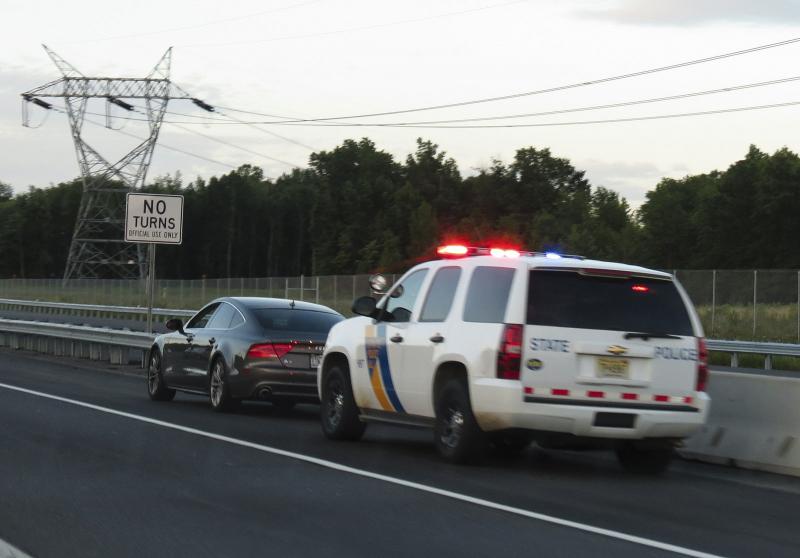 versageek
https://commons.wikimedia.org/wiki/File:New_Jersey_State_Police_Traffic_Stop.jpg
versageek
https://commons.wikimedia.org/wiki/File:New_Jersey_State_Police_Traffic_Stop.jpg
There is reason to celebrate in Michigan, as legislators eliminated driver’s license suspension as a penalty for offenses unrelated to dangerous driving, such as court fines.
“No one should be denied the ability to drive a car because of an unpaid fine or fee,” said Grover Norquist, president of Americans for Tax Reform. “Denying a person a driver’s license because they owe money creates a modern version of the debtors prison – you cannot leave your house until you pay your debts, but you cannot pay your debt if you cannot go to work. This is wrong.”
The practice of indiscriminately suspending licenses tends to trap vulnerable populations into a vicious cycle of debt. Unable to pay down their fines, but legally prohibited from driving to work, millions of Americans are effectively forced to risk accruing even more court fines by driving illegally.
The consequences of a license suspension can be truly devastating. In New Jersey, more than 40% of those with a suspended license lost their job. Meanwhile, in most states, driving with a suspended license is also a serious crime that can easily land someone in jail. Virginia law, for instance, establishes the crime as a 1st degree misdemeanor with up to a year in jail and $2,500 in additional fines.
Michigan’s reforms are arriving in the nick of time for a problem that has only grown in recent years. In 2018 alone, more than 350,000 licenses were suspended in the state for failure to pay court fees.
The practice also creates a significant racial disparity: from 2016 to 2018, driving without a valid license was the most common serious charge at jail admission for black Michiganders, making them more likely than other groups to be jailed for the offense.
Thankfully, drivers in Michigan will no longer lose their driving privileges because of overdue fees and fines. The new law will combat a growing problem: more than 350,000 state licenses were suspended in 2018 alone for failure to pay court fines and fees. High suspension rates also suck time, money, and efficiency out of the judicial system. Half of all Michigan court filings in 2018 were traffic offenses.
These factors make the issue a non-partisan one, reform earns support from members of both major parties.
At least 11 million Americans currently have their licenses suspended – not because their presence on the road is a danger to others, but because they are unable to pay a government fine.
More and more legislatures are addressing the issue. And federal lawmakers are considering the Driving for Opportunity Act. Despite progress, millions of low-income Americans await action in their states so they can regain the ability to travel to work and pay back court debt without the constant fear of arrest.

